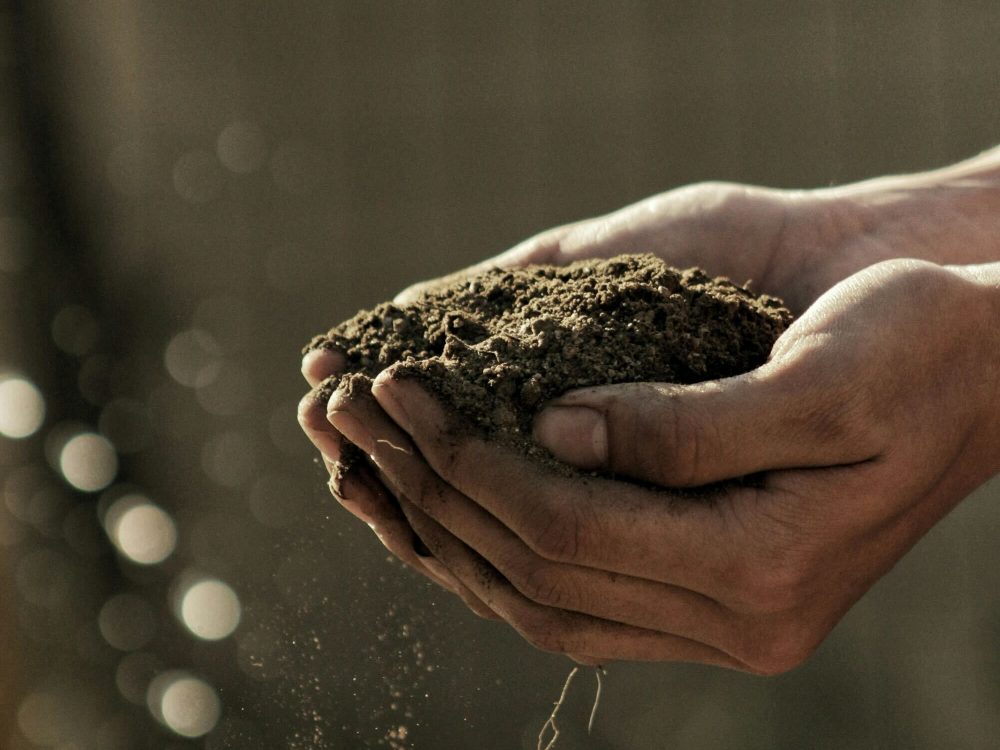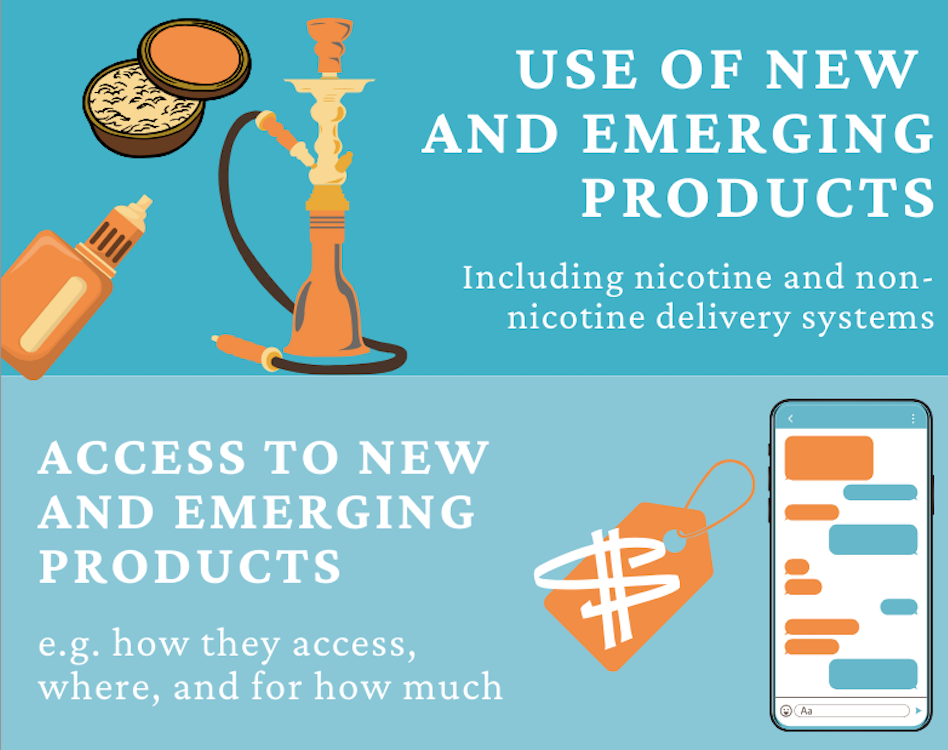The Women In Mining (WIM) Index: Using Data to Measure and Improve Gender Considerations in the Extractive Sector // L’indice Women In Mining (WIM) : Utilisation des données pour mesurer et améliorer la prise en compte du genre dans le secteur extractif
Ce blog est également disponible en francais ci-dessous.
Development Gateway (DG) is pleased to partner with Women In Mining (WIM) Guinea in the innovative design and development of a pilot for the first-of-its-kind Women’s Index for the Extractive Sector: the WIM Africa Index.
While working to connect and support women working in mining, President of WIM Guinea Ms. Zeinab Camara came up with a new idea – to develop an Index to effectively measure women’s inclusion in the mining sector in Guinea, assess their working conditions, and measure their exposure to the dangers associated with the mining industry.
“The implementation of a platform to collect data and allow analysis on the inclusion of women in the Guinean extractive sector is an absolute necessity, as our country is committed to promoting equality at all levels.
This Index will be used to measure gender awareness in Guinea’s mining sector at the national level. We have an Index for Poverty and other topics, why not one for women?”
– Ms. Zeinab Camara
WIM Guinea encourages women to actively participate in the development of their country while also working towards a better future for themselves and their families. Guinea is a mineral-rich country and contains a significant portion of the world’s bauxite reserves. As women represent half of Guinean society, they should not be excluded from the Guinean extractives decision-making process.
With support from the Open Society Initiative in West Africa (OSIWA), our partnership with WIM Guinea targets three mineral-rich Guinean communes: Boké, Siguiri, and Kérouané. After testing and validation of data collection tools, WIM Guinea’s local partners will collect the data needed to calculate the Index.
We are especially interested in measuring data on topics of:
- The role of government in promoting gender equity;
- Mining companies’ and civil society’s roles in addressing gender issues;
- Social roles and empowerment of women living in mining communities; and
- The impact of mining activities on maternal, newborn, and child health (MNCH).
At DG, we aim to bring a gender focus to our work implementing decision support tools for partner country governments and organizations. Building on this experience, we are working with WIM Guinea to design and develop the Index based on national indicators and variables. The index will be available online and will include a visualizations page, displaying different elements taken into account when calculating the index. Users will also be able to filter their selection for better analysis, easily navigating the tool and comparing different components of the WIM Index by selecting different mining regions, time period, etc.
We hope this collaboration between DG and WIM Guinea is just the beginning of our work together. Down the road, we envision this pilot leading to the full development of the WIM Africa Index, for Guinea and the rest of the region – a scaled-up tool that will include more countries and additional indicators. The WIM Africa Index will provide stakeholders with a useful advocacy tool to help them better address women’s issues in the extractives industry in Africa, ensuring that natural resources actually serve to benefit women’s interests, and encouraging extractives policy that is inclusive of women’s rights.
To stay informed about this project, stay tuned for updates on our blog, or follow us on Twitter at @DGateway or @WimGuinee.
Image: Enrico Strocchi, (CC BY-SA 2.0)
_______________________________________________________________________________________________________
Development Gateway (DG) se réjouit de s’associer avec Women In Mining (WIM) Guinée pour concevoir et développer le prototype du premier indice sur le genre dans le secteur des industries extractives: l’indice WIM Africa.
En s’efforçant de toujours mettre en relation et soutenir les femmes travaillant dans le secteur minier, la Présidente de WIM Guinée, Mme Zeinab Camara, a eu une idée innovante – développer un indice qui permettra de mesurer l’inclusion des femmes dans le secteur minier en Guinée, d’évaluer leurs conditions de travail, et de mesurer leur exposition aux dangers associés à l’industrie minière.
“La mise en place de cette plateforme de collecte et d’analyse de données sur l’inclusion des femmes dans le secteur extractif guinéen est une nécessité absolue, dans la mesure où notre pays s’est engagé à promouvoir à tous les niveaux l’égalité de chance.
Cet indice sera utilisé pour mesurer la sensibilisation aux questions de genre dans le secteur minier en Guinée au niveau national. Nous avons un Index de la pauvreté et d’autres sujets, pourquoi pas un pour les femmes ?”
– M. Zeinab Camara
WIM Guinée encourage les femmes à participer activement au développement de leur pays tout en œuvrant pour un avenir meilleur pour elles-mêmes et leur famille d’autant qu’elles représentent la moitié de la population guinéenne, et ne devraient pas être exclues du processus décisionnel du secteur minier. La Guinée est un pays riche en minéraux et détient une part importante des réserves mondiales de bauxite.
Avec le soutien de l’Open Society Initiative in West Africa (OSIWA), notre action en partenariat avec WIM Guinée, vise trois communes riches en minéraux : Boké, Siguiri et Kérouané. Les outils de collecte de données seront validés et testés avant leur utilisation par les partenaires locaux de WIM Guinée qui réuniront toutes les données nécessaires au calcul de l’indice.
L’Indice WIM Africa permettra d’avoir une meilleure visibilité sur la thématique du genre en Guinée notamment:
- L’engagement du Gouvernement et des sociétés minières dans l’équité du genre ;
- Le rôle que peuvent avoir les partenaires techniques et la société civile dans le traitement des questions liées au genre;
- L’autonomisation des femmes vivant dans les communautés minières ;
- L’impact des activités minières sur la santé maternelle, néonatale et infantile (SMNI).
Development Gateway tend à intégrer la perspective du genre dans la conception de ses solutions. Fort de nombreuses années d’expérience dans la mise en œuvre d’outils d’aide à la décision pour les gouvernements et les organisations des pays partenaires, nous travaillons avec WIM Guinée pour concevoir et développer le WIM Africa Index sur la base d’indicateurs et de variables nationaux collectés sur le terrain. L’index sera disponible en ligne et inclura une page de visualisation, qui affichera les différents éléments pris en compte dans le calcul et la mise à échelle de l’indice. Les utilisateurs pourront filtrer leur sélection pour une analyse plus fine des différentes variables et, comparer le score de l’indice WIM dans les trois zones minières selon ses différentes composantes.
Nous espérons que ce projet pilote entre Development Gateway et WIM Guinée, soit le début d’une longue collaboration. En effet, nous souhaitons qu’il aboutisse au développement de l’indice WIM Afrique Global, en Guinée et dans les autres pays de la sous-région – un index personnalisable à l’échelle nationale qui prendra en compte les indicateurs et variables spécifiques à chaque pays. L’indice WIM Afrique sera un outil de plaidoyer utile pour une meilleure compréhension et prise en compte des problèmes d’équité dans l’industrie extractive en Afrique. Les ressources naturelles devraient servir les intérêts des femmes et encourager la définition de politiques et stratégies sectorielles qui prennent en compte les droits des femmes.
Rester informé sur cette initiative en consultant notre blog, et en nous suivant sur Twitter à @DGateway ou @WimGuinee.
Image: Enrico Strocchi, (CC BY-SA 2.0)
Share This Post
Related from our library

Economic Toll of Tobacco-Related Diseases in Kenya: New Research Findings
Development Gateway: An IREX Venture (DG) is pleased to announce the publication of a research manuscript on the Economic Costs of Tobacco-Related Illnesses in Kenya. This research was carried out as part of the Tobacco Control Data Initiative (TCDI) activities in Kenya and is part of a broader report on Morbidity and Mortality from Tobacco Use in Kenya.

Unlocking Africa’s Agricultural Potential: Introducing the Soil Nutrient Roadmap
For over a decade, Development Gateway: An IREX Venture (DG) has been at the forefront of digital agriculture, leveraging agricultural data to support input monitoring, value chain analysis, and farmer-centric governance models. With funding from the Gates Foundation, DG is launching the Soil Nutrient Roadmap (SNR), a cutting-edge initiative using geospatial data to estimate current and future soil and crop nutrient requirements.

Diving into the DaYTA Program’s Data Collection Process
This blog explores key insights from the DaYTA program, offering practical guidance for researchers on effective data collection, overcoming field challenges, and leveraging local partnerships to enhance tobacco control efforts. This piece is especially timely following DaYTA’s workshop convening all 3 study country stakeholders to review the survey results and strategize on how best to disseminate this data to target audiences. This workshop took place from in Lagos, Nigeria, from November 18-20th.